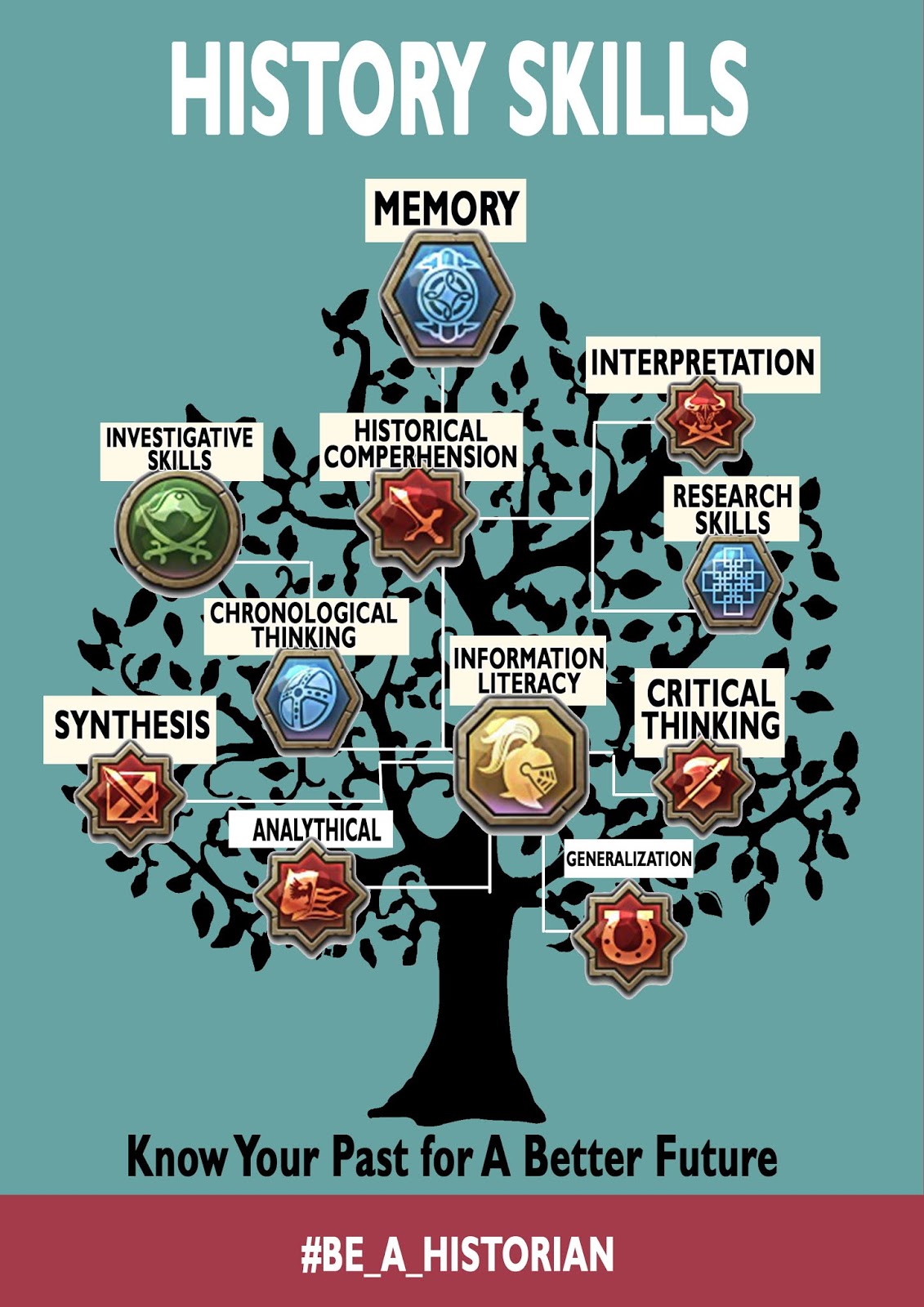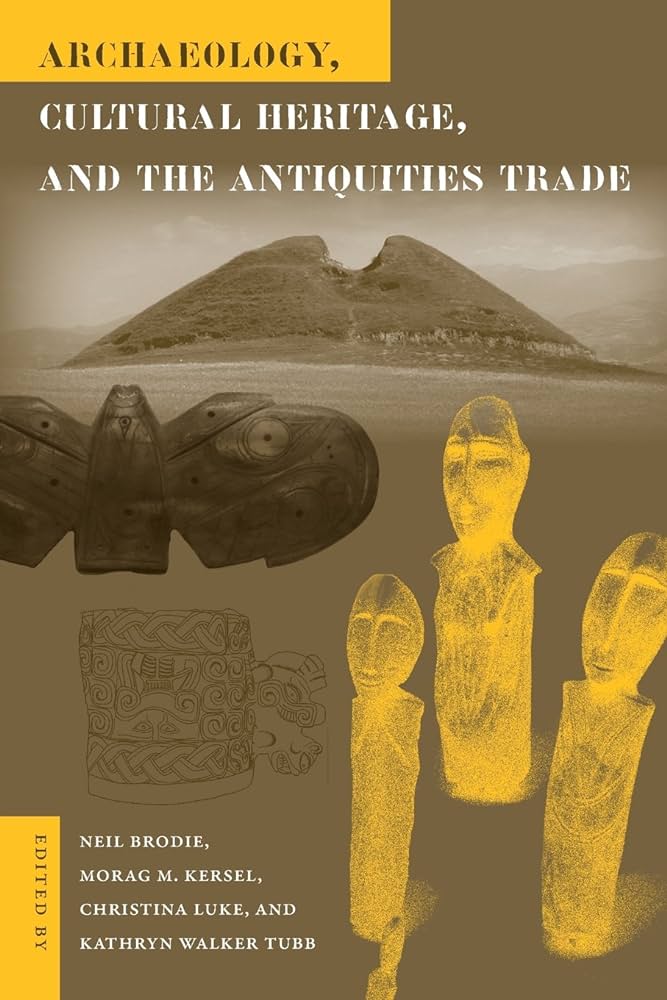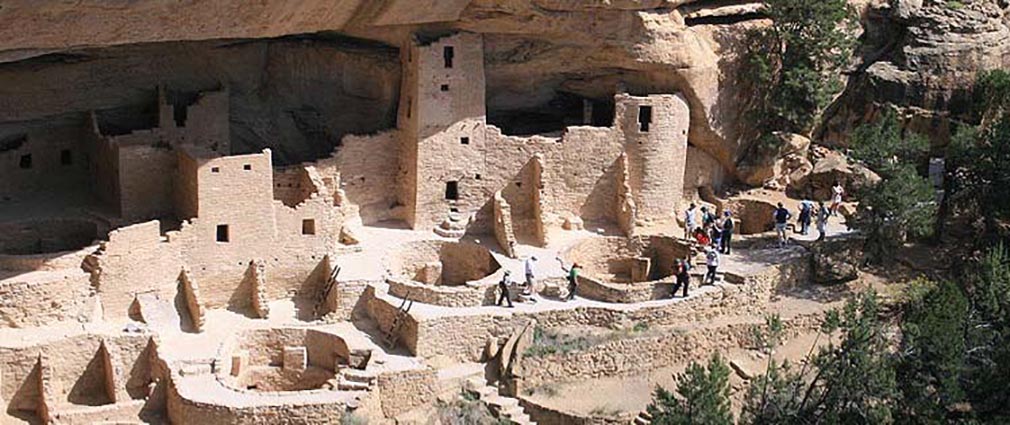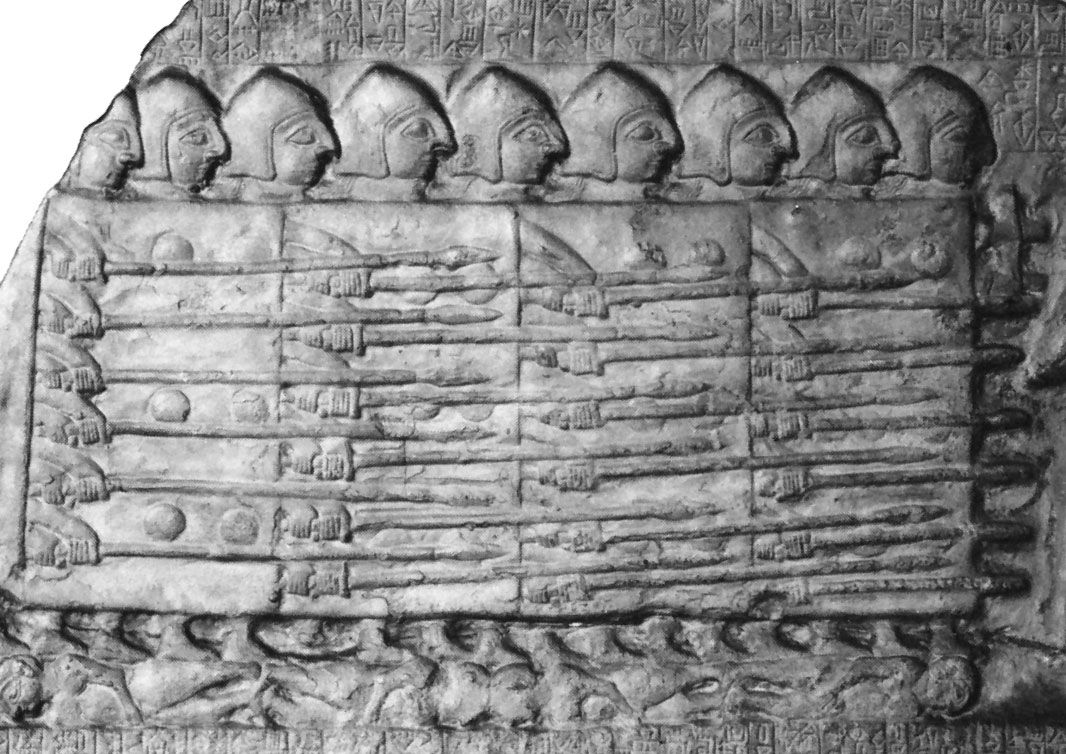Historical fiction and literature are genres that have been appreciated for centuries. They allow readers to travel through time and experience life in a different era, immersing themselves in the sights, sounds, and stories of the past. For those interested in history and archaeology, historical fiction is a wonderful way to bring the past to life through vivid and engaging narratives. In this blog post, we’ll explore the world of historical fiction and literature and take a journey through history and archaeology.
What is Historical Fiction?
Historical fiction is a genre of literature that takes place in the past and often incorporates real events, people, and places into the fictional narrative. The key element of historical fiction is authenticity – the story must feel like it could have happened in the time period in which it is set.
Exploring History Through Fiction
Historical fiction is an excellent way to explore history in a more engaging and personal way than a textbook. Novels set in different eras and cultures can provide insight into the daily lives, customs, and challenges faced by people living in those times. Historical fiction can also offer a different perspective on well-known events and figures, giving readers a new understanding of history.
Reading historical fiction can inspire readers to learn more about the time periods and events depicted in the story. Many authors include notes or bibliographies at the end of their books, providing a starting point for further reading and research. In this way, historical fiction can be a gateway to a deeper understanding of history and archaeology.
Uncovering the Past Through Literature
In addition to historical fiction, there are numerous works of literature that delve into the past and draw upon real events and people. For example, authors like Homer and Virgil wrote epic poems that tell the stories of ancient cultures and civilizations. Shakespeare’s plays are set in various periods throughout history, with characters based on real people such as Julius Caesar and Henry V. Even contemporary works of literature can connect with the past, as many modern authors draw inspiration from historical events and figures.
Archaeology and Fiction
Archaeology is the study of human history and culture through the excavation and analysis of artifacts, structures, and other physical remains. Archaeology can help to fill in the gaps of historical records and can provide clues to how people in the past lived, worked, and interacted with one another.
Historical fiction and literature can also contribute to our understanding of the past. For example, an author may use information gleaned from archaeological discoveries to create a vivid depiction of daily life in an ancient civilization. Alternatively, an author may take Archaeological finds to imagine what life must have been like in the past when important incidents occurred.
Conclusion
Historical fiction and literature are powerful tools for those interested in exploring history and archaeology. Through engaging and authentic narratives, readers can travel through time and experience life in a different era. These books can provide a new perspective on well-known events and people, and can inspire further learning and research. By pairing historical fiction with archaeological discoveries, we can gain a more complete understanding of the past and what it was like to live in different time periods.











